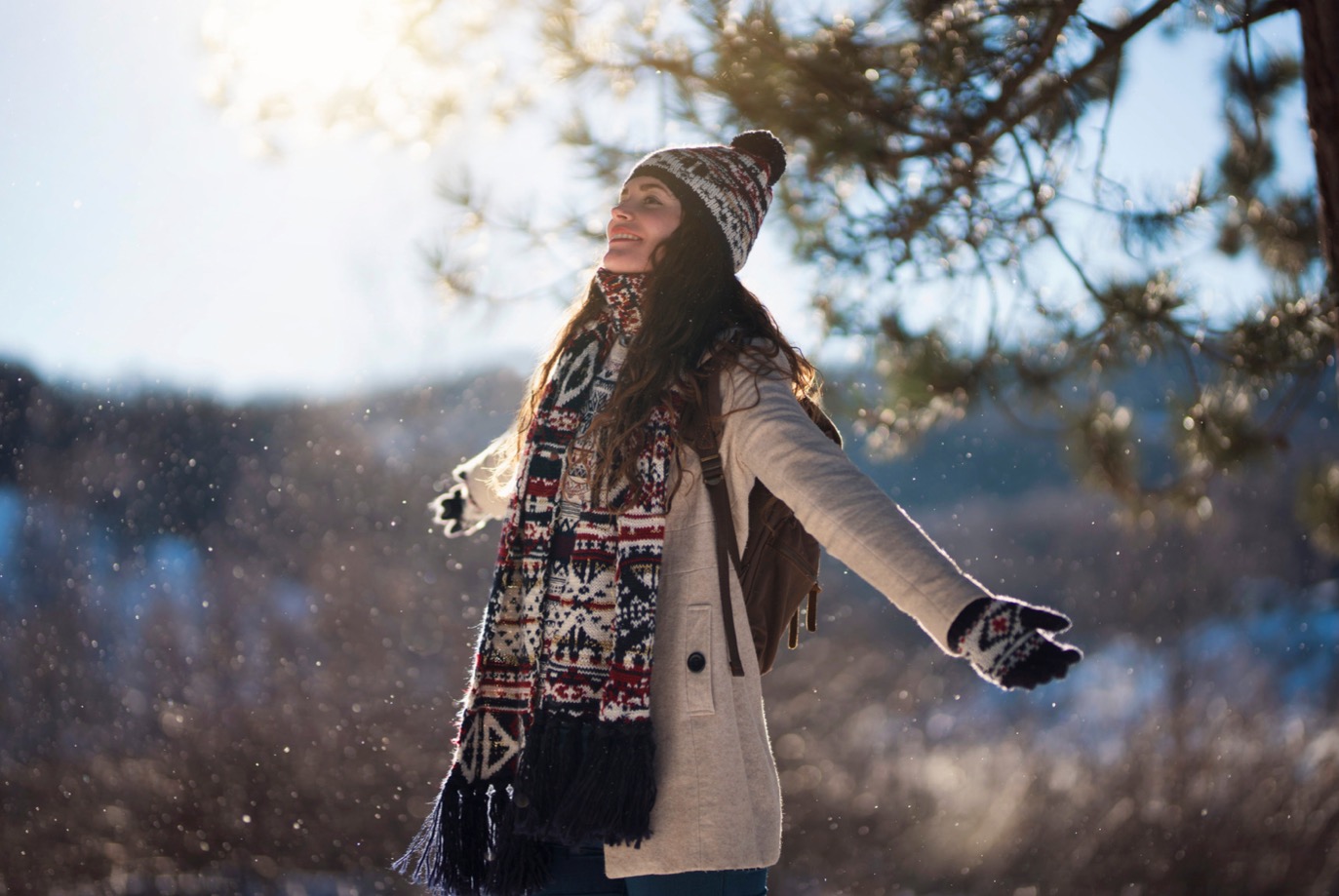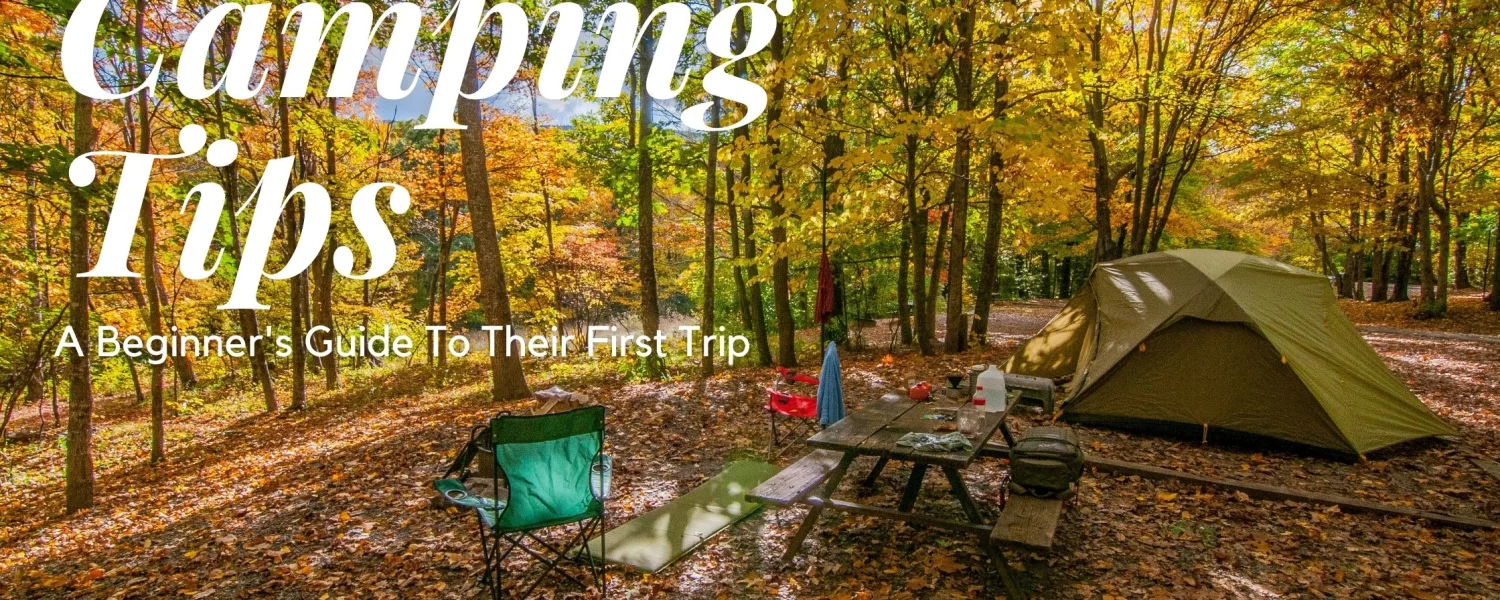Are you considering going camping for the first time? Fantastic! Nothing compares to taking a break from the daily grind to enjoy the fresh air, starry skies, and natural noises. However, the thought of camping can be a little daunting if you have never done it before. Don’t panic; we’ve got some easy-to-follow, useful camping advice to help your first trip go smoothly and be fun.
1. Start Simple
Don’t complicate your first camping trip. Pick a nearby campsite with facilities like picnic tables, running water, and restrooms; ideally, it should be family-friendly. For novices, car camping—where you drive up to your campsite—is a fantastic choice because it makes setup much simpler and lets you take more equipment.
2. Do a Test Run at Home
Consider erecting your tent in your living room or lawn before venturing into the wild. This guarantees that every item is included and allows you to practice pitching it. Additionally, it helps you have a sense of the layout and sleeping arrangements so that on your first night out, you don’t have to fumble around.

3. Pack the Essentials
While it’s tempting to bring everything “just in case,” packing smart is key. Here are a few must-haves:
- Tent, sleeping bag, and sleeping pad
- Headlamp or flashlight (with extra batteries)
- Camping stove or portable grill, and cooking supplies
- Reusable water bottles or a hydration system
- First aid kit, insect repellent, and sunscreen
- Comfortable clothing and layers (nights can get cold!)
Also, don’t forget food, snacks, and trash bags to leave the site as clean as you found it.

4. Plan Your Meals
It’s great to cook when camping, but don’t make it too complicated. To save time and stress at the campsite, prepare some meals in advance, such as sandwiches, marinated meats, or chopped vegetables. Bring simple staples like instant cereal, canned soup, or hot dogs.

5. Know the Weather and Terrain
Always verify the weather prediction before packing. You may need additional blankets, warm clothing, or rain gear. Be mindful of the landscape type in your location as well. Are you camping on a mountain, by a lake, or in the woods? Expectations and equipment must be slightly modified for each context.

6. Respect Nature and Other Campers
Since camping is about getting in touch with nature, abide by the Leave No Trace guidelines, which include properly disposing of waste, reducing the impact of campfires, and showing consideration for other campers. Avoid making too much noise, especially at night, and don’t feed animals.

7. Stay Flexible and Have Fun
It’s acceptable that things won’t always go as planned! Perhaps it will rain suddenly, or you will forget something. Simply go with the flow. Those unplanned moments are where some of the greatest camping experiences are made.

Final Thought:
Disconnecting from screens and reestablishing a connection with nature—and oneself—is the essence of camping. Your first trip might spark a passion for the outdoors that lasts a lifetime if you prepare a bit and have the correct attitude. Thus, gather your equipment, bring your spirit of adventure, and prepare to create some lifelong moments beneath the sky!

